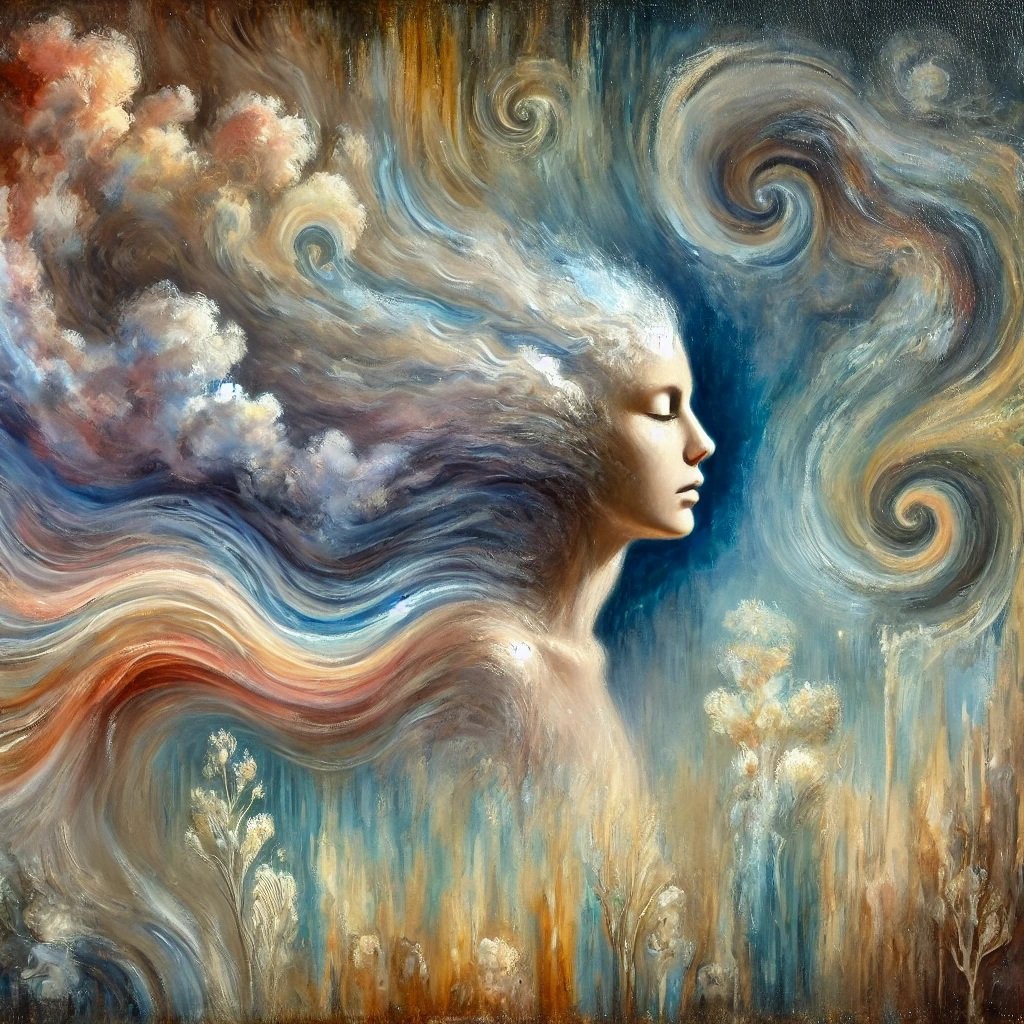
Magic Mushrooms and the Mind’s Last Stand: Rallying the Public Before the FDA Puts Psilocybin on Trial
In a world teetering on the edge of a mental health revolution, psilocybin stands as both a beacon of hope and a lightning rod for controversy. As clinical trials unveil its potential to heal the deepest wounds of the human psyche, the true battle isn’t just in the labs—it’s in the minds of the public. With the FDA’s gavel poised to fall, now is the time to awaken a silent majority, to transform skepticism into support, and to ensure that this natural remedy isn’t buried beneath bureaucracy. The minds we save may very well be our own.

Psilocybin suppresses the brains ego center
In this blog post, we dive deep into the mysterious powers of psilocybin, the mind-altering compound found in magic mushrooms, and its intriguing relationship with the brain's claustrum—a small yet mighty region that's been quietly orchestrating our perception, attention, and memory all along. Psilocybin's interaction with this "master conductor" can completely rewire our reality, transforming how we experience the world around us. But this isn't just about a wild trip; it's about the potential for psilocybin to revolutionize mental health treatment, offering hope for conditions like depression, anxiety, and PTSD. Join us as we explore the psychedelic frontier, where science and magic intersect, promising new paths to mental liberation and healing.

Emotions and brain function are altered up to one month after a single high dose of psilocybin
It all begins with A recent study explored the long-term effects of psilocybin on the brain and emotions, revealing some intriguing results. In 12 healthy volunteers, a single dose of psilocybin significantly reduced negative emotions and anxiety, with the amygdala—the brain’s fear center—showing a marked decrease in response to bad stimuli a week after dosing. While some effects faded after a month, participants still experienced lower trait anxiety and an uptick in positive feelings, alongside increased brain connectivity. These findings suggest that psilocybin could boost emotional and brain plasticity, offering potential for long-term mood enhancement. However, with a small sample size and the need for more diverse studies, further research is essential to fully understand psilocybin's therapeutic potential.

Psilocybin brings about a sense of oceanic boundlessness
Psilocybin isn’t just another psychedelic—it’s a gateway to unlocking the mind’s full potential. Recent studies show that when you’re under the influence of this potent substance, your brain lights up in ways you wouldn’t believe, creating a hyperconnected state that breaks down the usual barriers in thought and perception. This isn’t just about tripping; it’s about exploring new mental landscapes and reconfiguring how we think and feel. As we move beyond the outdated stigmas, psilocybin is emerging as a powerful tool for profound mental and spiritual exploration, offering insights that conventional approaches can’t touch.
